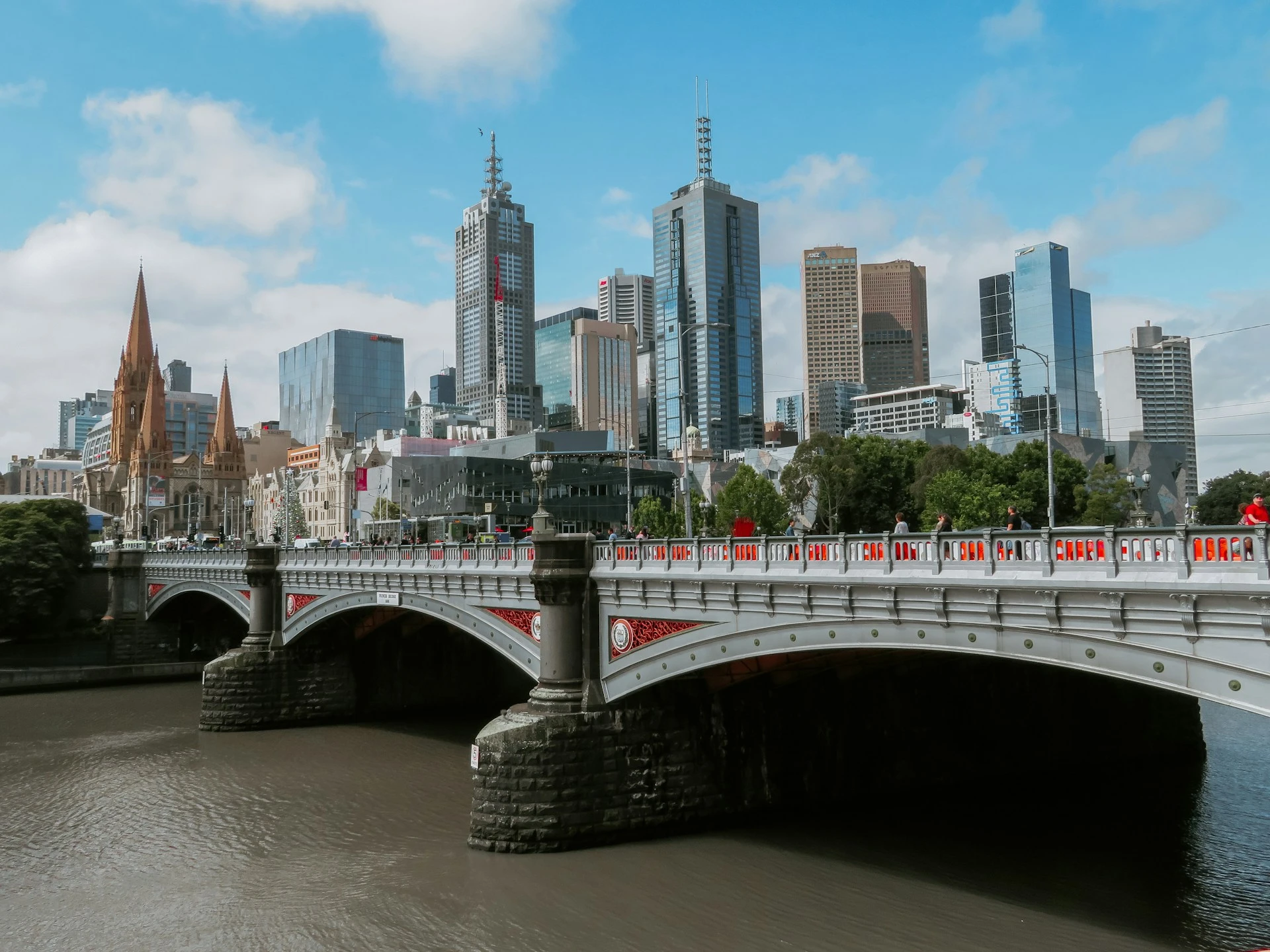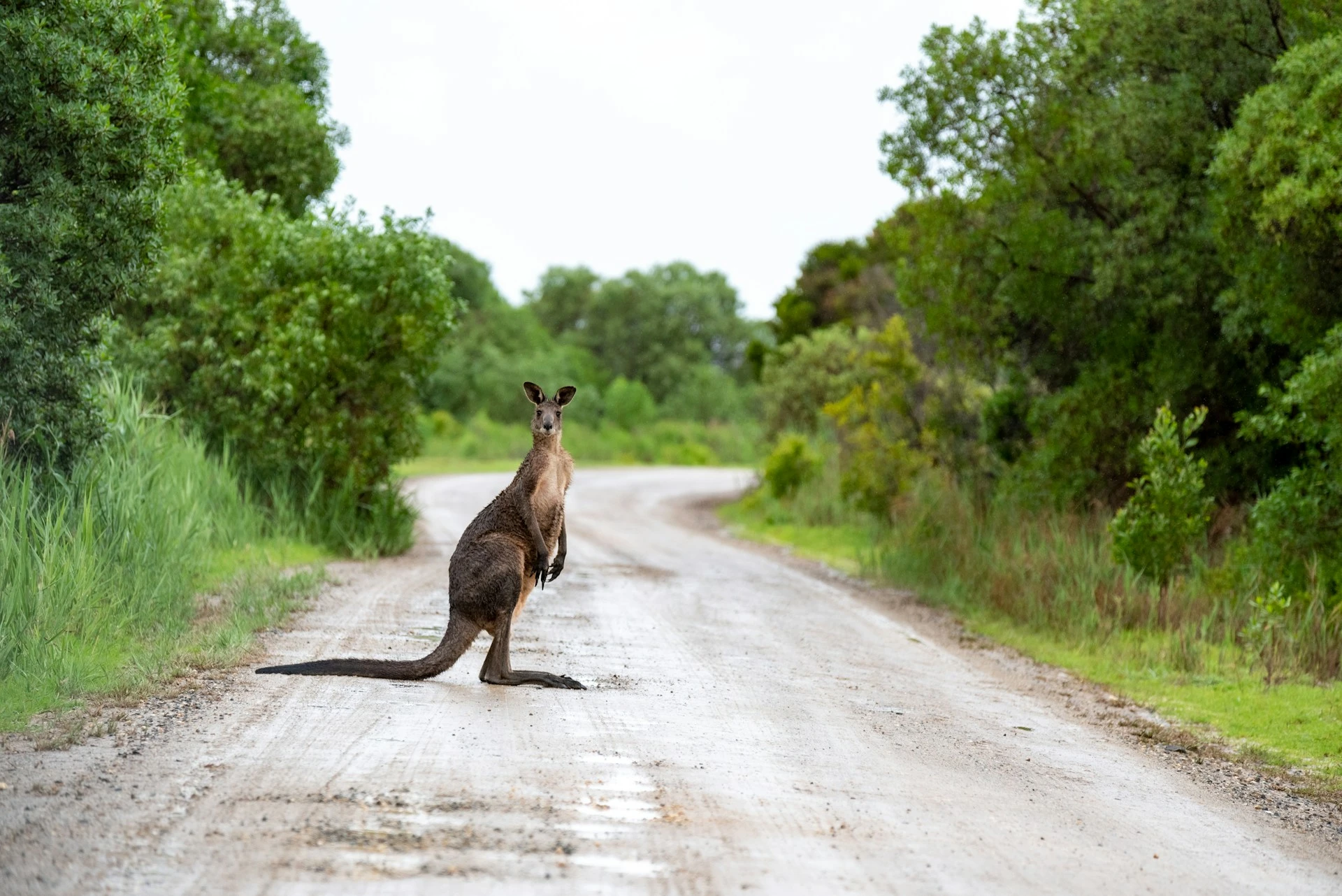Australia eVisa – Apply Online for Stress-Free Entry


Traveling to Australia is a dream for many, but the first step is always securing the right visa. With the Australia eVisa, visitors can apply online and avoid the stress of long embassy visits.
This guide breaks down everything you need to know from requirements and application steps to common questions travelers ask before they enter Australia.
Understanding the Australia eVisa
The Australia eVisa is a digital travel authorization that allows eligible citizens from certain countries to visit Australia for tourism, business, or family visits. Unlike older paper visas, this system uses an online application process managed by the Australian government through the Department of Home Affairs.
Applicants need to provide identity details, travel records, and supporting documents. Once approved, the eVisa is electronically linked to your passport, so you don’t have to carry extra paperwork at the airport. This convenience strongly benefits travelers who want faster access and fewer delays with customs or border protection.
Quick Fact Table: Types of Australian eVisas
Visa Option | Purpose | Validity | Who Can Apply |
|---|---|---|---|
| Visitor eVisa | Tourism or visiting family | Up to 3 months | Eligible travelers from approved countries |
| Business eVisa | Meetings, short-term work, events | 1–3 months | Foreign professionals, entrepreneurs |
| eVisitor (Subclass 651) | Tourism & business | 90 days per entry | Citizens of EU and selected countries |
Australian Visa Requirements
So, is there a visa needed for Australia? Yes, almost every traveler needs one. Even US citizens must apply for a valid visa before departure. The only exceptions are Australian citizens themselves or travelers with special agreements.
- To obtain an Australia eVisa, applicants need:
- A valid passport with at least six months remaining.
- Completed online application form on the official website.
- Proof of funds and travel plans (flights, accommodation).
- Payment of the visa fee using secure services.
The Australian authorities may also request further information, such as medical certificate records or evidence of employment occupation, depending on your country of origin.
Pros | Cons |
|---|---|
| Easy online application | Some applicants unable to apply due to eligibility limits |
| Faster approval compared to embassy visas | Refused entry possible if documents are incorrect |
| Linked directly to passport | Fees vary and can be higher for certain visa types |
How to Enter Australia with an eVisa
Once your eVisa is approved, you can enter Australia by simply presenting your valid passport at the airport. Airlines can confirm your visa status electronically before boarding, which means no need to carry printed paperwork.

Travelers should be aware of Australia’s strict laws regarding what they can carry. Food, alcohol, drugs, and even some medication must be declared at customs. Failing to declare these items can lead to fines, delays, or even being refused entry.
Checklist Before Boarding Flights to Australia:
- Confirm your eVisa status on the Home Affairs website.
- Prepare your passport and identity documents.
- Check customs rules on items like food, alcohol, and medication.
- Keep copies of your evidence of return flights and accommodation address.
4. Australian Citizens and eVisa Rules
Australian citizens don’t need an eVisa, but Australian passport office services are vital for those renewing or replacing passports before travel. Dual citizens should always use their Australian passport when leaving or re-entering.
Permanent residents or family members traveling together may still require separate visa options. For example, children listed on a parent’s passport must also have their own approved visa. If you are unsure, the embassy or consulates can assist with detailed further information.
Travelers who ignore these requirements risk delays at border protection checkpoints or, in rare cases, being unable to enter Australia at all.
5. Visa Options for Travelers
There are multiple visa options depending on your purpose of visit. The Australia eVisa covers most short stays, but applicants should carefully choose based on their needs.
- Tourist Visa: Best for vacations, sightseeing, or family visits.
- Business Visa: For short-term conferences, work meetings, or official occupation duties.
- Student or Work Visa: Requires direct submission through embassy or consulate, not the eVisa portal.
Applicants should also prepare supporting documents such as employment records, family ties, or education certificate evidence. Each form requires accuracy, as mistakes may lead to processing delays or refusal.
Travel to Australia: Key Rules and Customs
When you travel to Australia, remember that the Australian government enforces strict laws to protect its environment and people. Items like plants, food, and alcohol are tightly regulated. Airlines also strongly recommend checking baggage policies before departure.
Important Customs Rules for Travelers
Item | Allowed? | Conditions |
|---|---|---|
| Alcohol | Yes | Limited quantities; must be declared |
| Food | Restricted | Many items banned; always declare |
| Medication | Yes | Must carry prescription and proof |
| Drugs | No | Strictly prohibited; penalties apply |
Breaking these rules can lead to arrest, fines, or deportation. Travelers should always refer to the official home affairs page for updates before their trip.
Additional Information and Assistance
If you need additional information on your Australia eVisa, the department of Home Affairs website is the best place to start. Applicants can login to track their status, submit new documentation, or contact officials for help.

For urgent matters, consulates, embassy staff, or authorized services can assist. Employers arranging business travel may also request assistance for workers.
It’s also important to note that travelers who provide false records or incomplete forms may be denied entry. Always prepare carefully and submit correct documentation to avoid issues.
Conclusion
The Australia eVisa makes visiting Australia simpler than ever, but careful preparation is key. From choosing the right visa options to following customs rules, small details matter.
So, how do you get a visa for Australia? You complete an online application, submit the right documents, and wait for approval. It’s straightforward, but accuracy is everything. For those still asking, Do US citizens need a visa to Australia? the answer is yes. Without it, you cannot board your flight.
By planning ahead and following official guidance, you’ll be ready to enter Australia without stress, enjoy your stay, and make the most of your trip.